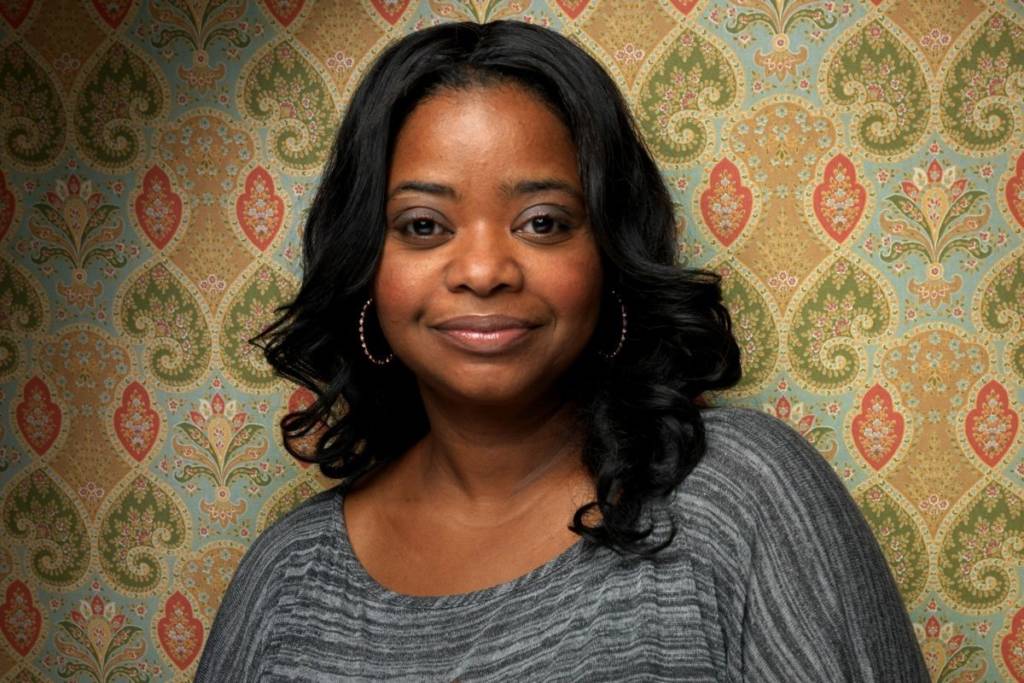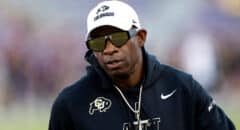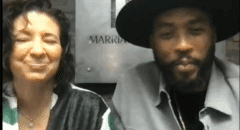
Before all of the awards, accolades and before all of the Hollywood lights, when she was growing up, award-winning actress Octavia Spencer had trouble reading. Due to dyslexia, the words were jumbled, and she would have to start reading the same passages over and over again, losing interest.
It's hard to believe that for the Hidden Figures actress used to have an issue with reading because her words and acting skills come across so crisp on screen, but that wasn't always the case. In fact, it was her teacher that figured out mystery stories might be a good way to keep Spencer engaged in reading.
"I'm reading today because of Encyclopedia Brown," the 51-year-old Oscar-winning actress told students from Geneva Middle Schools North and South at an assembly.
Her love of mysteries; her love of movies by martial-arts actors Jackie Chan and Bruce Lee; and a fondness for science experiments inspired her to write the "Randi Rhodes Ninja Detective" books for middle school readers. The series of books have become popular to both kids and parents alike.
Spencer, who won an Academy Award, Golden Globe Award and Screen Actor's Guild Award, explains how a little girl who at first didn't like to read, came up with the book.
MUST READ: Quincy Jones' Near Death Battle With A Brain Aneurysm
"I wanted to write about the things that I love," Spencer said. Her novels include prompts for the reader to try things, such as dressing incognito, hiding a secret message in an eggshell or writing in code. The young heroine of the books has a black belt in tae kwon do.
"Encyclopedia Brown was my first boyfriend, in my mind," admitted Spencer recently on The View. It was those kinds of creative mystery books like that that kept her interest and even got her excited about acting.
Even now, Octavia struggles a little with her dyslexia in her new roles on a Netflix series or on the big screen. She admits that...
... the turnover time for television is a lot faster than movies and it takes her longer to read scripts. But she doesn't let that stop her.
Spencer said she loved "Nancy Drew" mysteries. She said she can't choose whether acting or writing is her favorite thing to do now, but will never turn her back on acting after being inspired by her mentor Whoopi Goldberg when she was a pre-teen.
Here are some symptoms of dyslexia:
Before school
Signs and symptoms that a young child may be at risk of dyslexia include:
- Late talking
- Learning new words slowly
- Difficulty learning nursery rhymes
- Difficulty playing rhyming games
School age
Once your child is in school, dyslexia signs and symptoms may become more apparent, including:
- Reading well below the expected level for your child's age
- Problems processing and understanding what he or she hears
- Difficulty comprehending rapid instructions
- Problems remembering the sequence of things
- Difficulty seeing (and occasionally hearing) similarities and differences in letters and words
- Inability to sound out the pronunciation of an unfamiliar word
- Difficulty spelling
- Trouble learning a foreign language
Teens and adults
Dyslexia symptoms in teens and adults are similar to those in children. Though early intervention is beneficial for dyslexia treatment, it's never too late to seek help. Some common dyslexia symptoms in teens and adults include:
- Difficulty reading, including reading aloud
- Trouble understanding jokes or expressions that have a meaning not easily understood from the specific words (idioms), such as "piece of cake" meaning "easy"
- Difficulty with time management
- Difficulty summarizing a story
- Trouble learning a foreign language
- Difficulty memorizing
- Difficulty doing math problems
When to see a doctor
Dyslexia is characterized by a delay in the age at which a child begins to read. Most children are ready to learn reading by kindergarten or first grade, but children with dyslexia often can't grasp the basics of reading by that time.
Talk with your doctor if your child's reading level is below what's expected for his or her age or if you notice other signs or symptoms of dyslexia. When dyslexia goes undiagnosed and untreated, childhood reading difficulties continue into adulthood.








